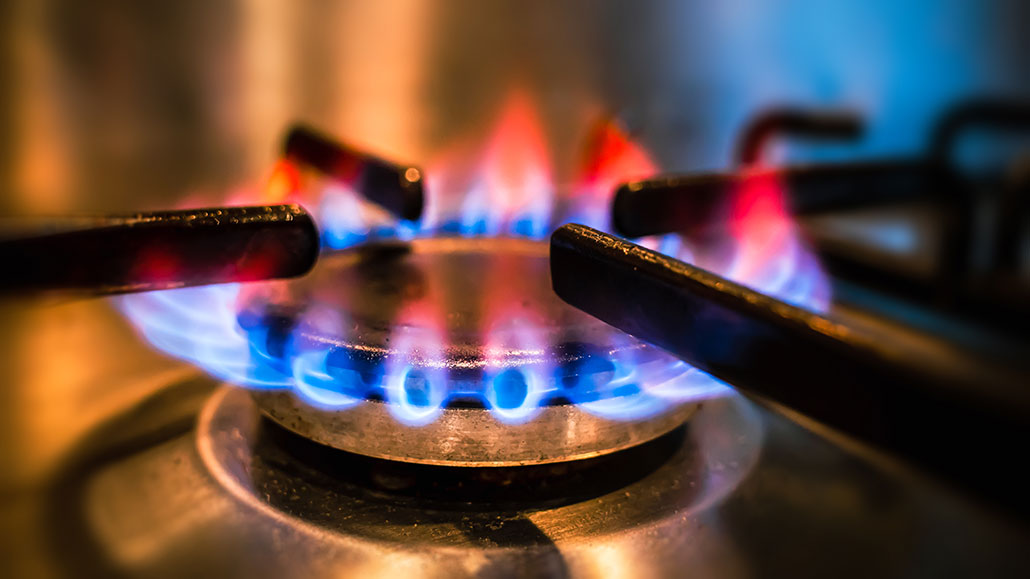Questions for ‘Gas stoves can spew lots of pollution, even when they’re turned off’

A new California study finds gas stoves frequently leak dangerous pollutants into kitchen air, including benzene, a cancer-causing chemical.
SEAN GLADWELL/Moment/Getty Images Plus